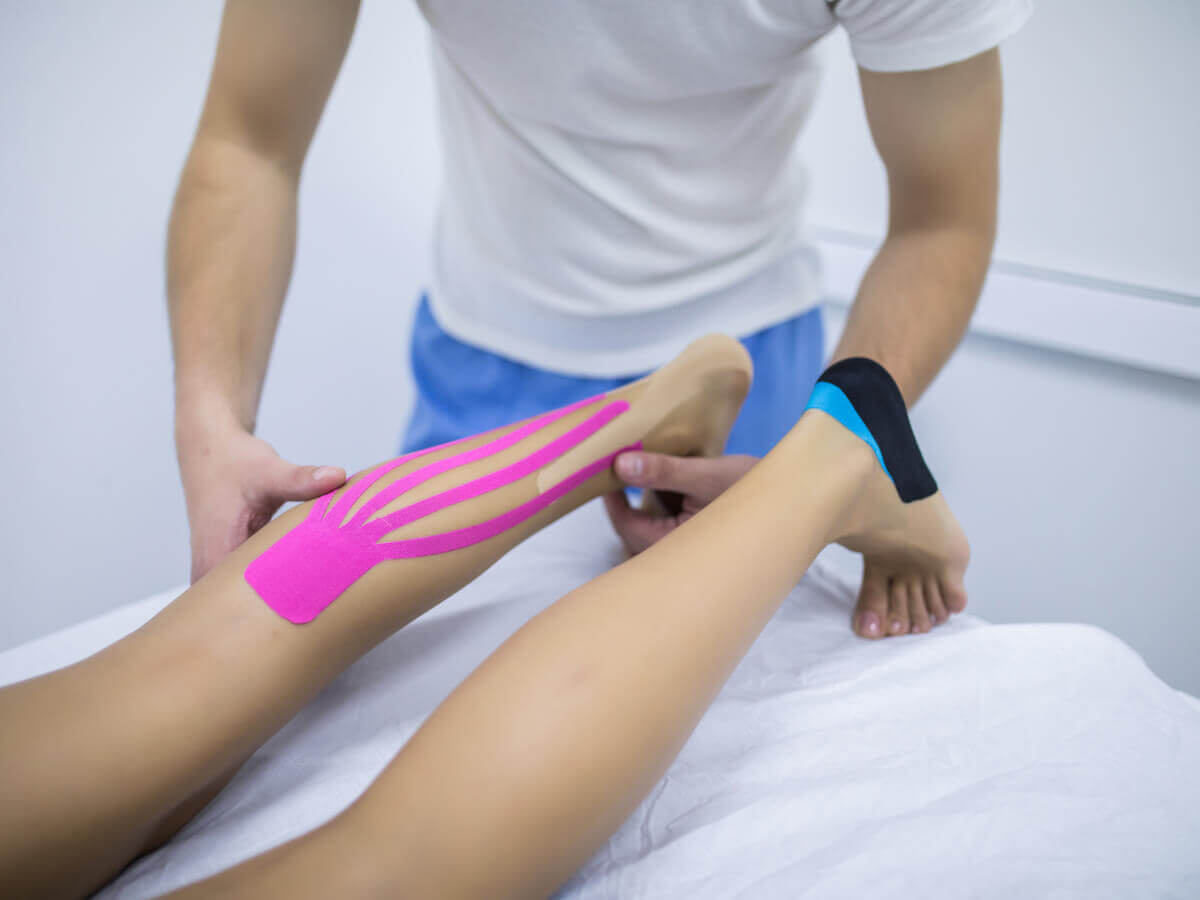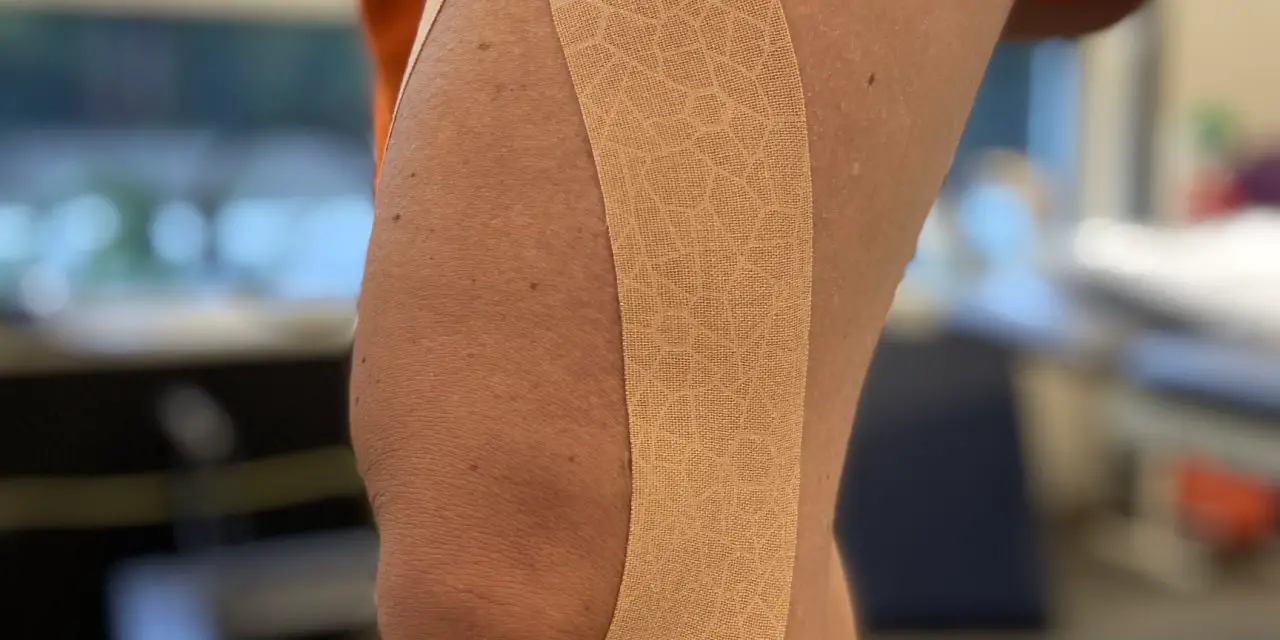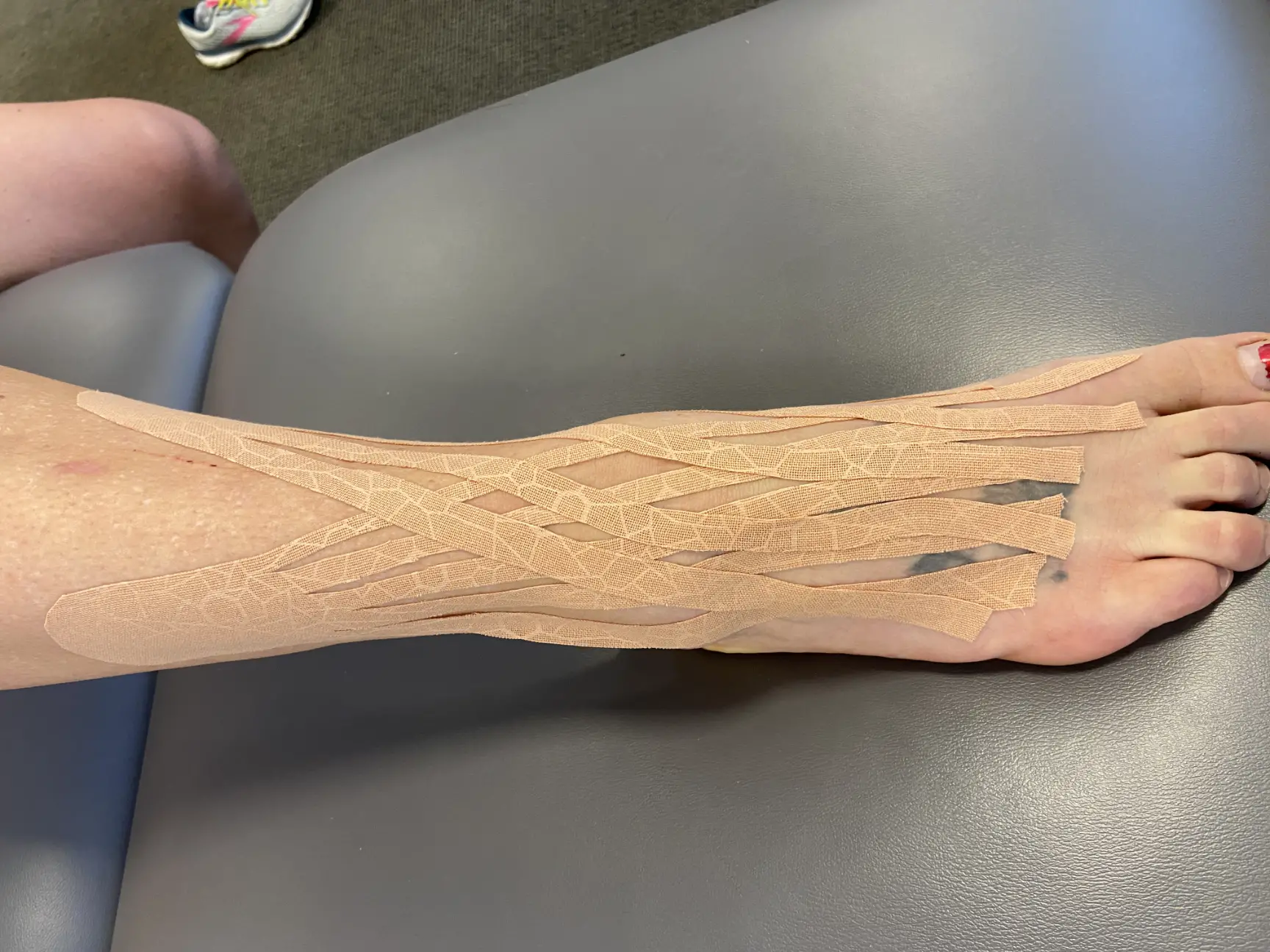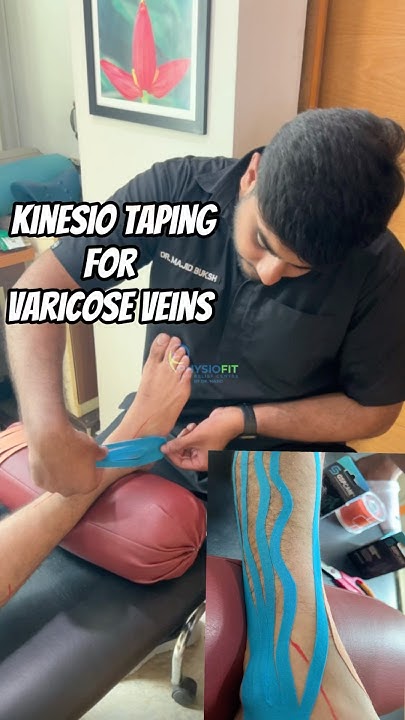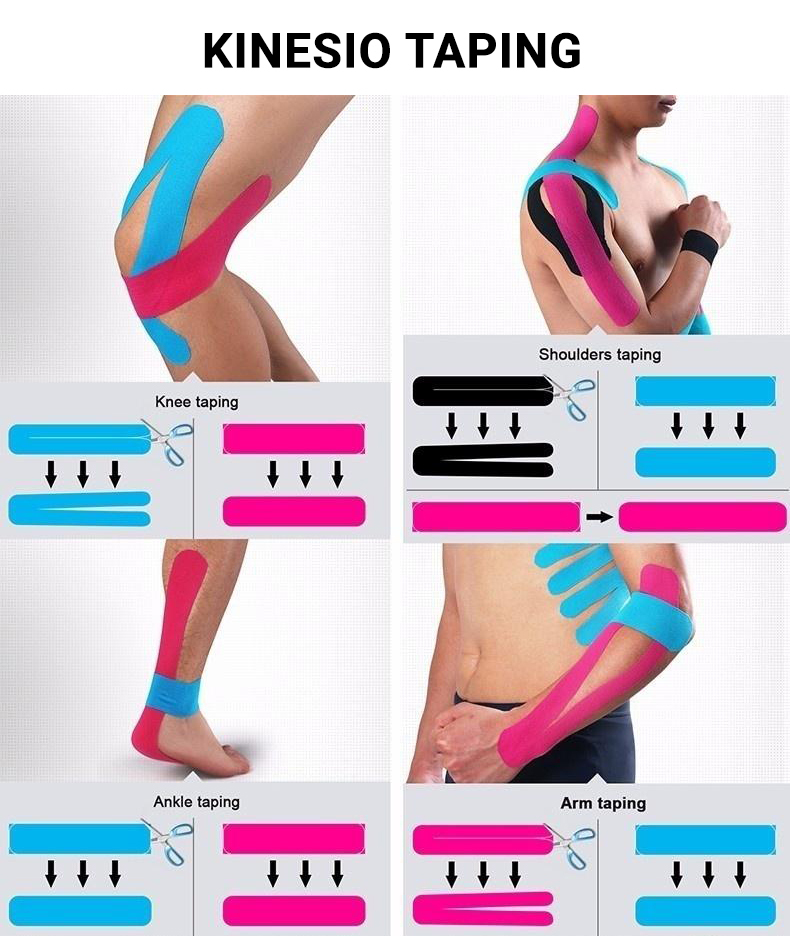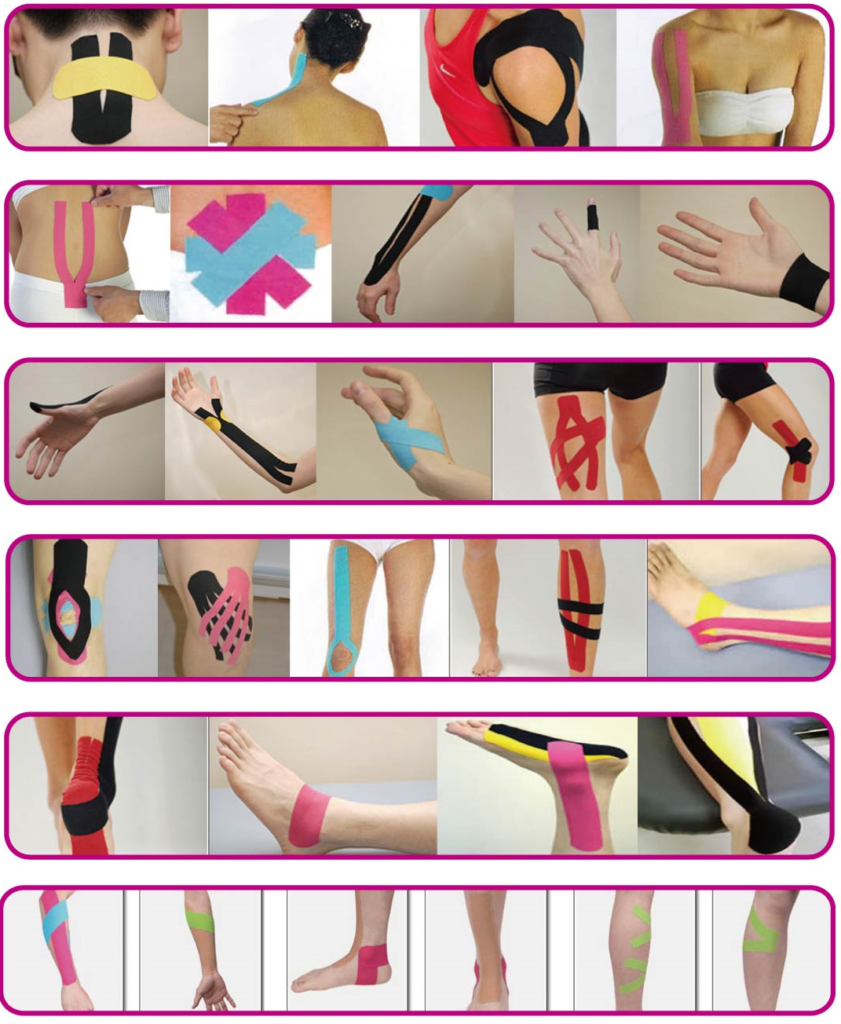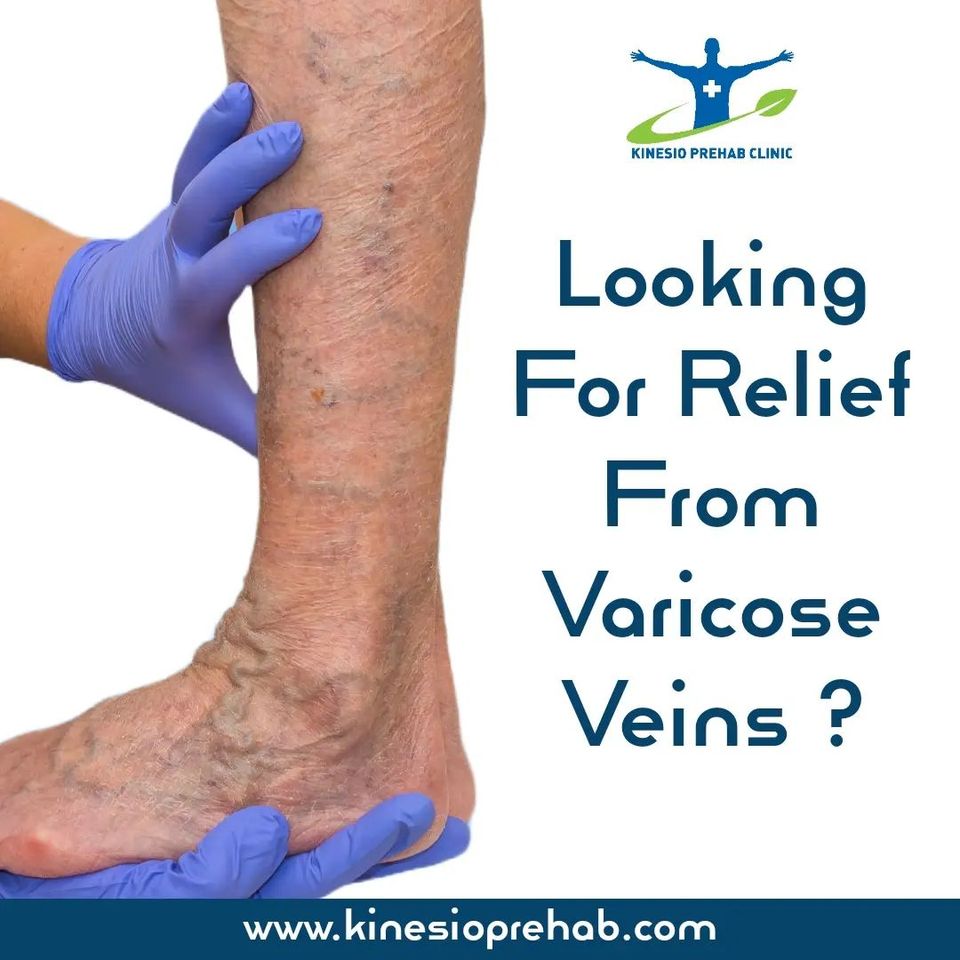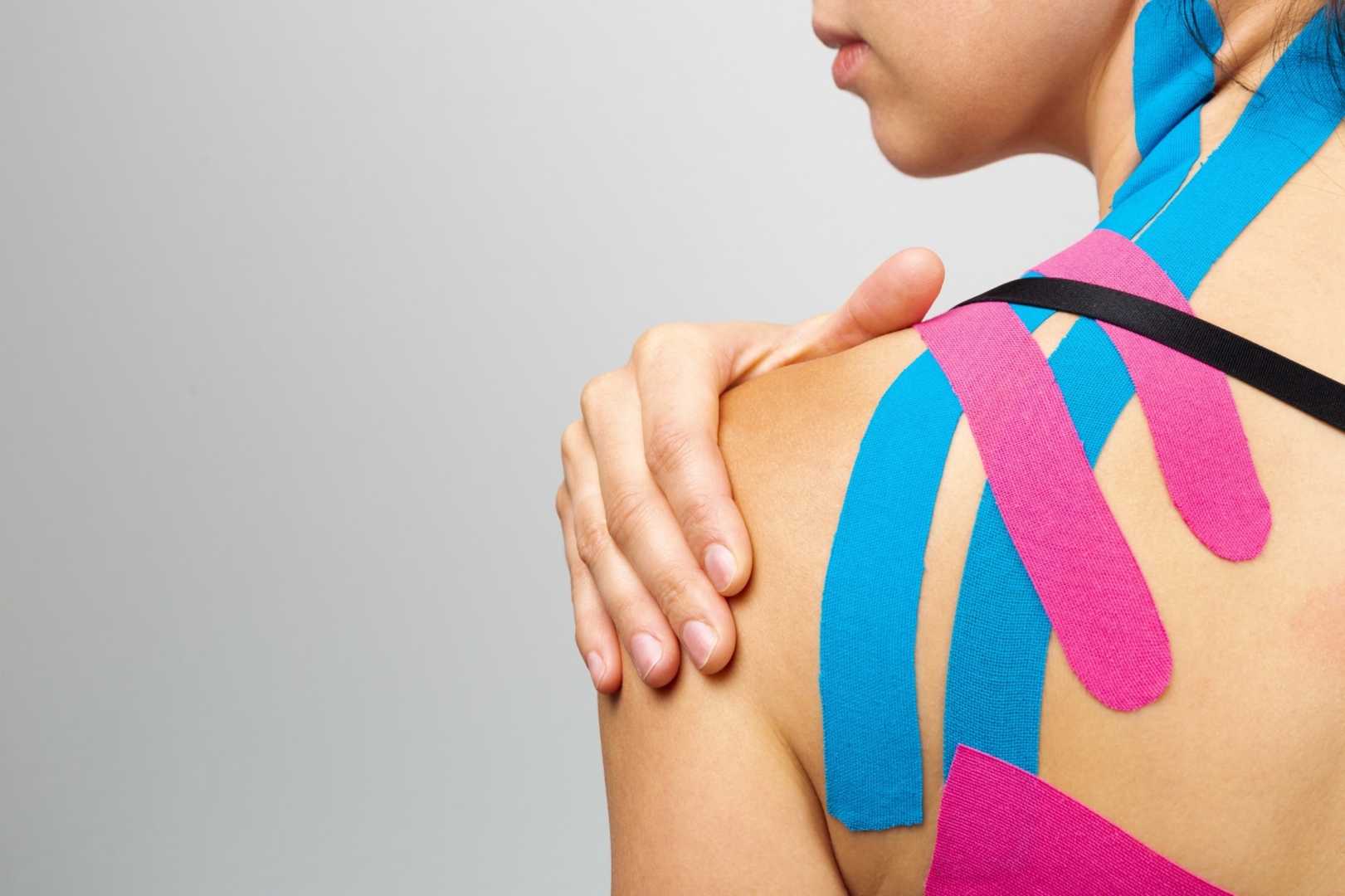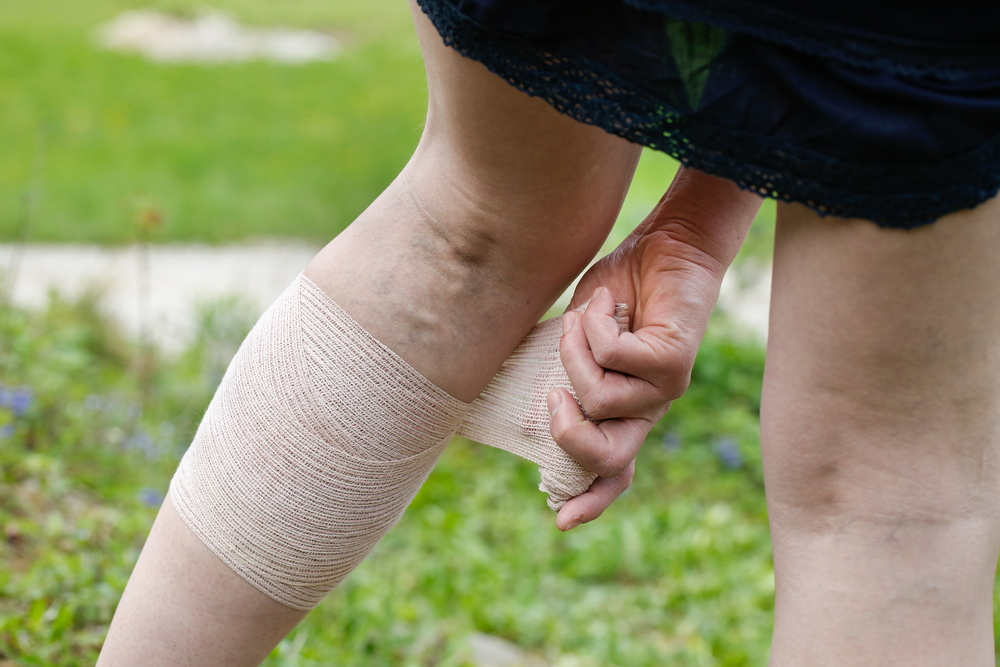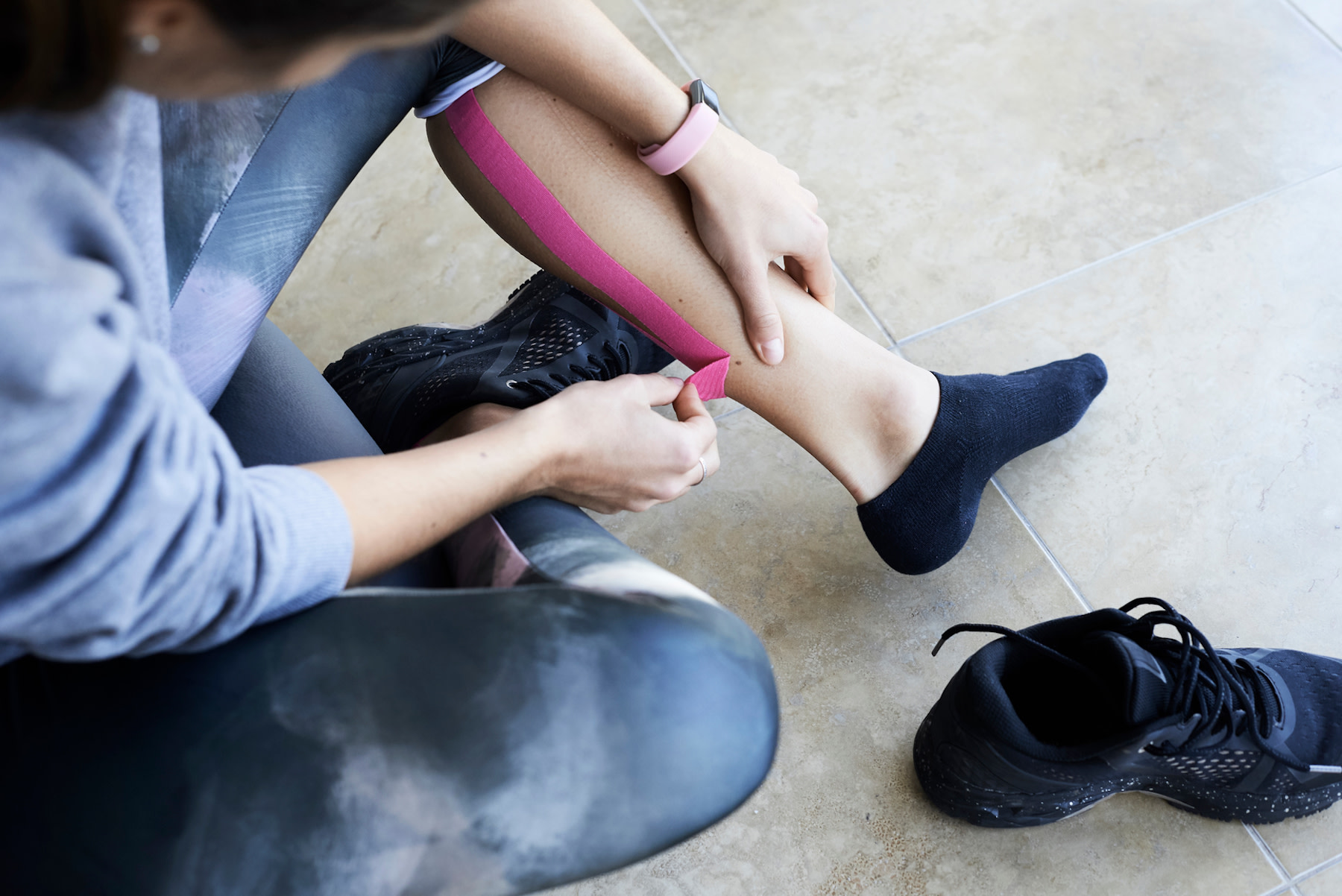Can Kinesio Tape Help Varicose Veins

The purplish, bulging veins snaking across legs are a familiar sight for millions. Varicose veins, more than just a cosmetic nuisance, can cause pain, swelling, and fatigue, significantly impacting quality of life. Now, a colorful, elastic tape, Kinesio tape, initially popularized by athletes, is being touted by some as a potential solution. But can this seemingly simple adhesive really offer relief from the discomfort of varicose veins?
This article delves into the science, or lack thereof, behind using Kinesio tape for varicose veins. We'll explore the purported mechanisms of action, examine available research and expert opinions, and ultimately, provide a balanced perspective on whether this trending treatment is a viable option or merely another fleeting fad.
What is Kinesio Tape and How is it Supposed to Work?
Kinesio tape, also known as kinesiology tape, is a thin, elastic cotton strip with an acrylic adhesive. It was developed in the 1970s by Japanese chiropractor Kenzo Kase.
The tape is applied to the skin in various patterns, purportedly lifting the skin and creating space between it and the underlying tissues. Proponents claim this can improve blood flow, reduce inflammation, and alleviate pain.
The Claimed Benefits for Varicose Veins
The theoretical benefits of Kinesio tape for varicose veins revolve around improving circulation and lymphatic drainage. By lifting the skin, it’s suggested that the tape can reduce pressure on the affected veins.
This, in turn, is believed to promote better blood flow back to the heart and reduce swelling in the legs. Some also suggest it can provide support to weakened vein walls.
The Evidence: What Does the Research Say?
Unfortunately, high-quality scientific evidence supporting the use of Kinesio tape for varicose veins is scarce. Many studies on Kinesio tape focus on musculoskeletal conditions, such as shoulder pain or knee injuries.
A comprehensive review of existing literature reveals a significant gap in research specifically addressing its efficacy for venous disorders. Existing studies on lower extremity edema sometimes include patients with venous insufficiency, but these studies rarely focus solely on varicose veins and often have limitations in design and sample size.
It's crucial to differentiate anecdotal evidence from rigorous scientific trials. While some individuals may report experiencing relief with Kinesio tape, these subjective experiences should be interpreted with caution.
Expert Opinions and Perspectives
The medical community remains divided on the efficacy of Kinesio tape for varicose veins. Some healthcare professionals view it as a complementary therapy that may provide temporary relief for some patients.
However, many vascular surgeons and phlebologists (vein specialists) are skeptical. They emphasize the importance of evidence-based treatments, such as compression stockings, sclerotherapy, or surgical intervention, for managing varicose veins.
"Kinesio tape might offer some symptomatic relief for some individuals, but it's not a substitute for established treatments for varicose veins," says Dr. Emily Carter, a board-certified vascular surgeon. "Patients should consult with a qualified healthcare provider to determine the best course of action."
Potential Risks and Considerations
While generally considered safe, Kinesio tape is not without potential risks. Some individuals may experience skin irritation or allergic reactions to the adhesive.
Improper application of the tape can also lead to skin damage or discomfort. More importantly, relying solely on Kinesio tape may delay or prevent individuals from seeking appropriate medical care for their varicose veins.
Varicose veins can worsen over time and lead to complications such as skin ulcers or blood clots if left untreated. It’s crucial to get a proper diagnosis and implement a treatment plan recommended by a physician.
The Bottom Line: Is Kinesio Tape Worth Trying?
The evidence supporting the use of Kinesio tape for varicose veins is currently weak. While some individuals may find it helpful for managing symptoms, it's essential to approach it with realistic expectations.
Kinesio tape should not be considered a primary treatment for varicose veins. Patients should consult with a healthcare professional to explore evidence-based options, such as compression therapy or medical procedures.
Looking ahead, more research is needed to determine if Kinesio tape can play a role in managing varicose veins. Future studies should focus on well-designed, randomized controlled trials with larger sample sizes. Until then, the jury is still out on whether this colorful tape can truly offer lasting relief from the discomfort of varicose veins.
